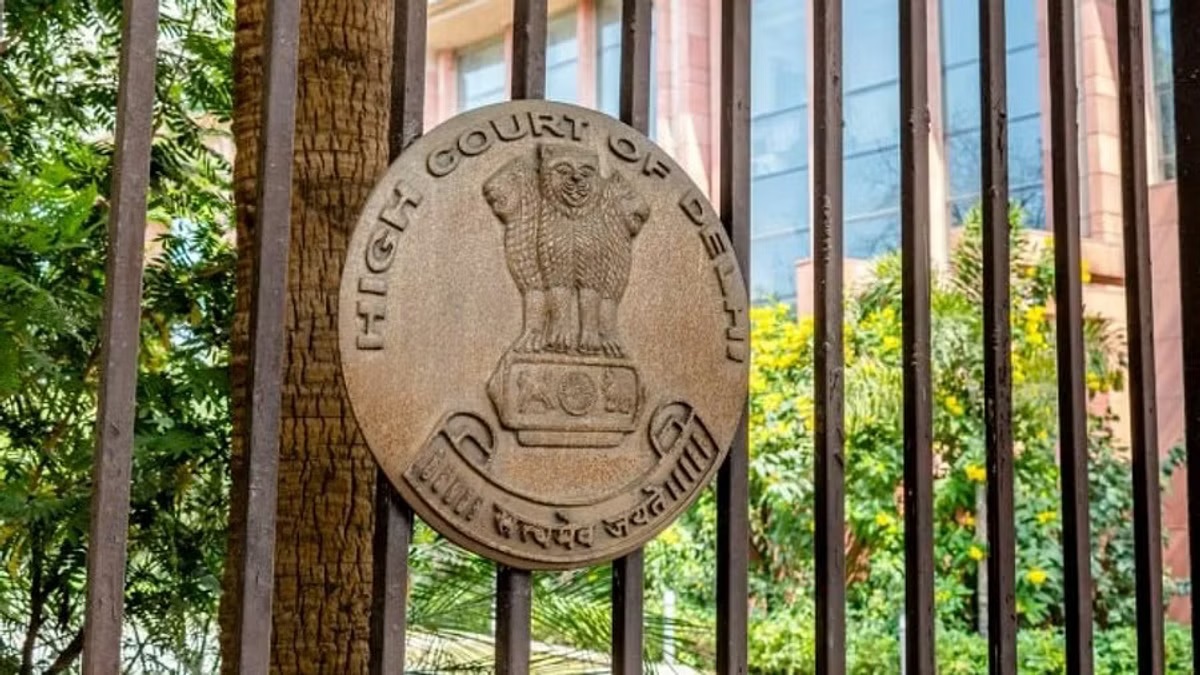On January 11, the Delhi High Court declared that foreigners cannot claim the right to reside and settle in India based upon Article 19(1)(e) of the Constitution of India as the same right is limited to citizens. The division bench of Justices Suresh Kumar Kait and Manoj Jain had also held that the fundamental rights and protections guaranteed to foreigners and non-citizens are limited to Article 21 of India’s Constitution, which affords the right to life and liberty to all citizens and non-citizens.
As per a report in the Livelaw, the bench of the High Court stated that “We may note that foreign national cannot claim that he has right to reside and settle in India in terms of Article 19 (1) (e) of Constitution of India.”
The court added that “Fundamental Right of any such foreigner or suspected foreigner is limited to the one declared under Article 21 of Constitution of India i.e. fundamental right for life and liberty and there is nothing which may suggest that his liberty has been curtailed in an illegal or unlawful manner.”
With this, the court dismissed a habeas corpus plea moved before it through which it was claimed that Azal Chakma, a Bangladeshi national, had been detained illegally, without any authority, in India.
Brief details of the case against Chakma
The habeas corpus writ petition had been filed in the Delhi Court by the maternal uncle of Azal Chakma. Through the said plea, directions were sought by the Court regarding production of the person that is missing or has been illegally detained.
Arguments by the petitioner: It had been contended by the petitioners that Chakma has had Indian citizenship by birth and had even carried his initial education in Gomati in state of Tripura and later in Shillong, Meghalaya. It was further averred that Chakma had lived in India all his life except for a very brief period. It had been claimed by the petitioners that Chakma held an Indian passport, Aadhar card, PAN card and driving licence issued by Indian authorities, and was running a business in Kolkata.
Arguments by the respondents: The Foreign Regional Registration Office (FRRO) had claimed that Chakma had been apprehended at the Indira Gandhi International Airport in Delhi in October 2022 during immigration clearance as he was attempting to depart for Bangladesh on the strength of fraudulently obtained Indian Passport. It was in this backdrop that his movements were restricted. The authorities also asserted that scrutiny of the case revealed that Chakma had been visiting India till the year 2016 on the basis of multiple Indian visas on a passport issued to him by Bangladesh, as per the report of Deccan Herald.
They authorities argued that after having leaving India on a Bangladeshi passport in June 2016, it was unclear how Chakma subsequently sneaked into India. In view of this, the authority alleged that Chakma had entered India illegally through porous border and had managed to obtain Indian documents in “fraudulent and dishonest” manner. Notably, in June 2023, Indian authorities had revoked Chakma’s passport.
Regarding the issue of restriction on movement of Chakma in India, the bench had been informed that the provisions of the Foreigners Act had been used to impose the same.
Observations by the Court:
While dismissing the plea, the bench found that there was a lack of a plausible response from Chakma regarding the issue of documents and the passport issued to him by the Bangladeshi authorities as well as in terms to how and when he had entered India after going to Dhaka on the basis of Bangladeshi passport.
The bench further observed that Chakma himself is to be blamed for his miseries as he has failed to explain as to how he came back to India when he had left India on a Bangladeshi passport, as per the Livelaw report.
Notably, the bench had been apprised that the High Commission of Bangladesh has already issued travel documents for his repatriation and Chakma be deported as soon as the authorities get a confirmed air ticket for him from the Embassy of Bangladesh.
Decision of the Court:
In view of the observations made by the Court as well as the arguments made by the parties, the bench held the restriction of movement imposed on Chakma to be in accordance to law. The Court stated that “It is not a case of preventive detention. His movements have been restricted in accordance with law so that he can be deported back,” as stated in the LiveLaw report.
The bench further added that “As per his own admission made before the Bangladeshi authorities when he had applied for visa for India way back in the year 2010 and 2011, he claimed himself to be a Bangladeshi national by birth and in such a situation, there is no question of termination of his alleged Indian citizenship which he never seemed to have acquired.”
Abandoned by legal counsel CJP stands by woman suspected of being a foreigner
Cannot keep ‘suspected foreigners’ with ordinary criminals: Gauhati High Court
Gauhati HC sets aside ex parte order declaring woman as a foreigner after her death

